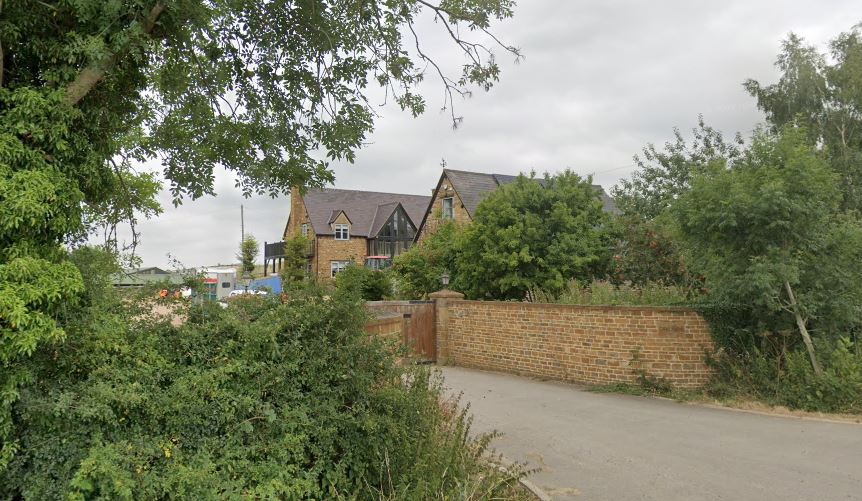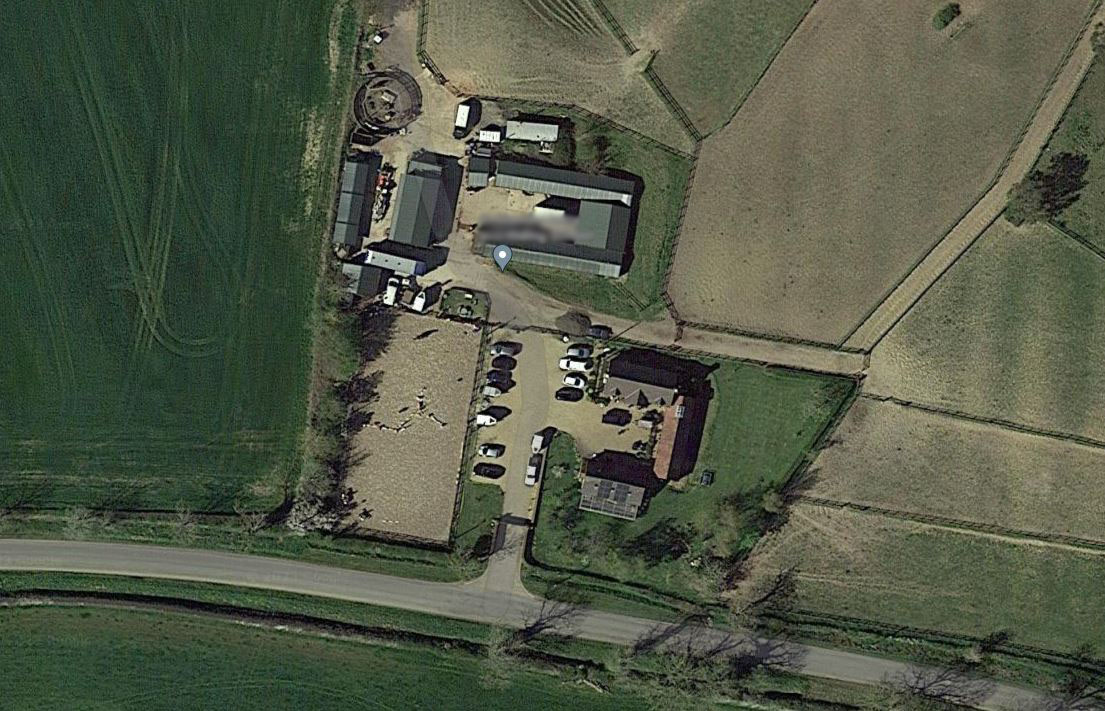Nadhim Zahawi uses '10 year' planning loophole on his Cotswolds home — and wins immunity from enforcement

Bring your dream home to life with expert advice, how to guides and design inspiration. Sign up for our newsletter and get two free tickets to a Homebuilding & Renovating Show near you.
You are now subscribed
Your newsletter sign-up was successful
Tory chairman Nadhim Zahawi and his family lived for a decade in their mansion on the edge of the Cotswolds despite being in breach of a planning restriction.
A rural occupancy order (ROC) on the property dictated that only agricultural, forestry or equestrian workers were meant to live there.
The family of the former chancellor, who is already under political pressure after a "careless and not deliberate" error led to a £4.8m settlement with HMRC, are now immune from enforcement action because they’ve exceeded a 10-year time limit on the breach under planning law.
The story has come to light after Lana Saib, Nadhim Zahawi's wife, successfully applied for a Certificate of Lawful Development for change of use to a residential dwelling in 2021 on the basis of it not being used for agriculture for over 10 years, without enforcement action being taken.
And because the house would have been devalued by the ROC, the Zahawi family is likely to have benefitted financially with the house being worth a lot more now. Similar homes in the area, without the acreage of the Zahawi's home, are worth in excess of £1.2 million, according to Zoopla.
How did the Tory chairman breach planning?
In 2011 Mr Zahawi and his wife Lana Saib bought the £875,000 property, which is on the site of a former riding school and farm. It is unclear how they successfully made the purchase.
The house had been built on the site seven years earlier and came with a rural occupancy condition as part of the planning permission.
Bring your dream home to life with expert advice, how to guides and design inspiration. Sign up for our newsletter and get two free tickets to a Homebuilding & Renovating Show near you.
ROCs are used to enable agricultural and forestry workers to live at or near their place of work and enable farms to get planning permission for dwellings on their land for family or farm workers, which may otherwise have not been approved.
If you are found in breach of the condition, the local council can issue fines and enforcement notices, but in this instance no enforcement actions appear to have been pursued by the council.
Stratford-on-Avon District Council, a Conservative authority since 2003, did not take enforcement action in the 10 year period, even though they refused a series of applications by the family’s planning agents to amend or remove the clause.

Why has he been granted immunity?
Because of the council’s lack of action over a decade, Nadhim Zahawi's wife Lana Saib was able to apply for a Lawful Development Certificate (LDC) to remove the agricultural tie on the grounds of being in breach of the planning condition for over a decade. This appears to have been enough to demonstrate that the property had not been in agricultural use.
The Town and Country Planning Act 1990 provides a ten year limit for ROCs, after which time a Lawful Development Certificate can be applied for to remove the condition where it is no longer being used.
In planning documents, seen by Homebuilding & Renovating, it states that officers were “satisfied that, on the balance of probability, (the rural occupancy condition) has been breached for a continuous period of ten years or more.
It added: “The occupation of the dwelling without any restriction of occupation is therefore considered to be lawful.”
“Whilst it is not our policy to comment on individual enforcement cases, we can confirm that all cases are considered in accordance with the Council's Local Enforcement Plan," a council spokesperson told the Daily Mail.
They added that planning applications were “processed in accordance with national and legal requirements” and were “processed in the same way that they would have been had it been any other applicant”.
Homebuilding and Renovating has contacted the council asking why no enforcement action is applied in situations like this, and questioned whether why the breach wasn’t enforced.

How did Nadhim Zahawi and his wife avoid action?
The council’s inaction allowed the LDC to be granted. Judith Norris, a partner at the Rural Planning Practice, told the Mail: “If they had not complied with the condition then it could be an enforcement matter, although enforcement action is discretionary.”
Mrs Norris added that local authority resources in this area have come under pressure in recent years and there are too few enforcement officers.
She added that the property’s value is likely to have risen as a result of the LDC because the ROC would have reduced the value of property when the Zahawis bought it.
Mr Zahawi has been approached for a comment.
Sam is based in Coventry and has been a news reporter for nearly 20 years. His work has featured in the Mirror, The Sun, MailOnline, the Independent, and news outlets throughout the world. As a copywriter, he has written for clients as diverse as Saint-Gobain, Michelin, Halfords Autocentre, Great British Heating, and Irwin Industrial Tools. During the pandemic, he converted a van into a mini-camper and is currently planning to convert his shed into an office and Star Wars shrine.

